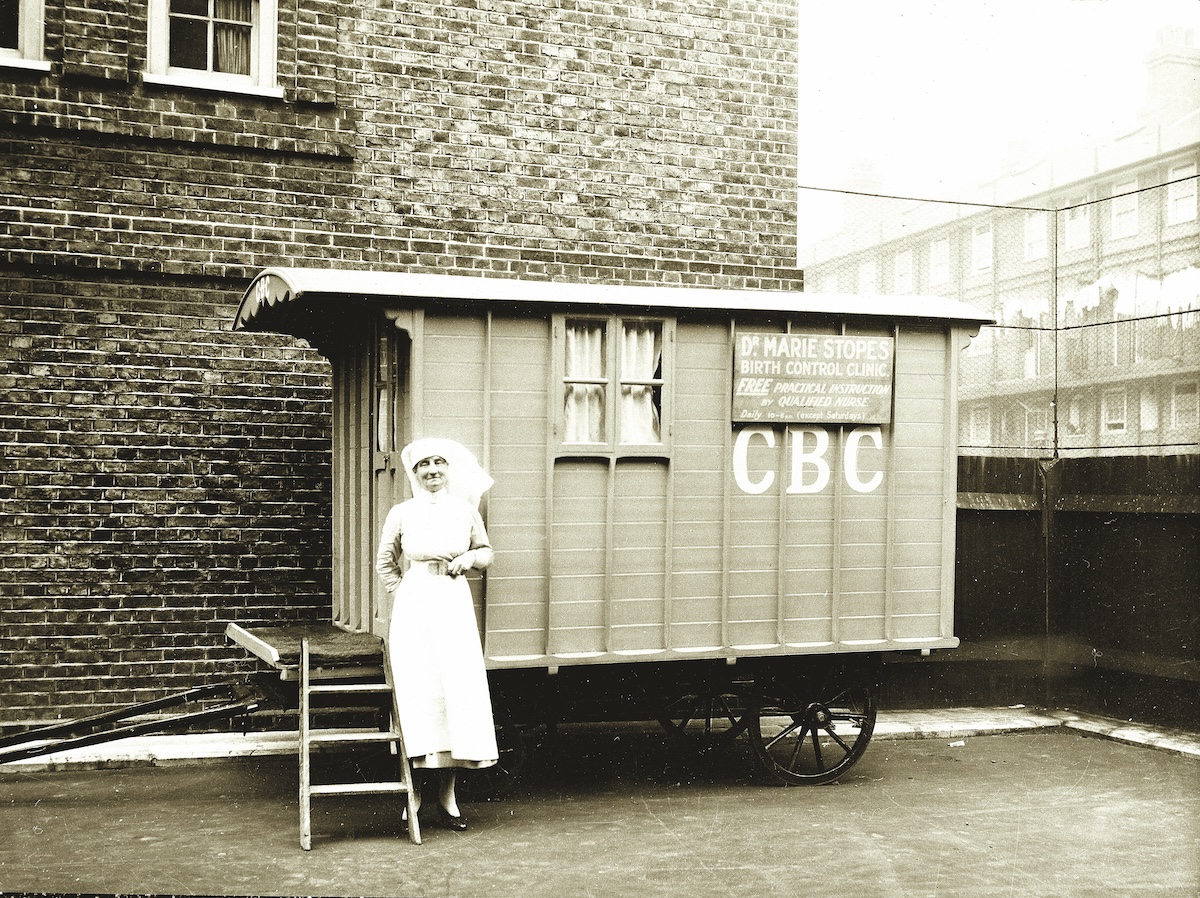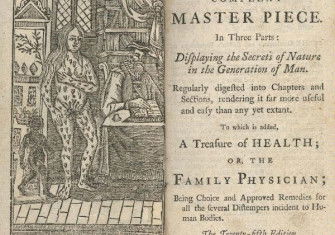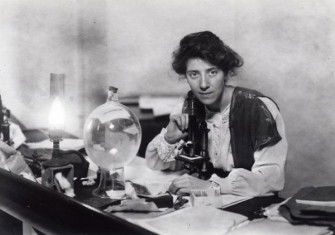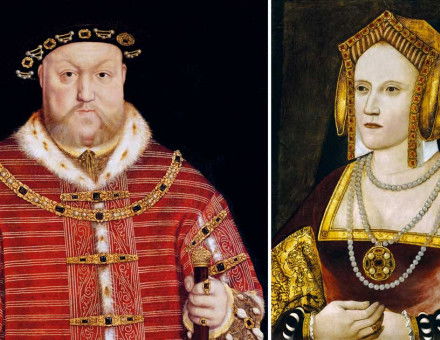Sex Before Sex Education
For much of the 20th century, young working-class women in England found out about procreation the ‘hard way’ or the ‘dirty way’.

In 1941, down a narrow street in Rochdale was a small dark shop, visited by women with a very specific and urgent requirement. The proprietor was a ‘deep-bosomed’ lady in her sixties, overly made up with dyed blonde hair and adorned with jewellery. Her name, ostensibly, was ‘Mrs Pleasant’. A herbalist, she also sold a secretive and specialist product meant to rid women of their unplanned pregnancies. In 1941 a woman named Jane Walsh visited the shop after finding herself unexpectedly pregnant. Walsh was a working-class woman born in Lancashire in 1905. She had married her husband in 1934 and they already had two children when she again fell pregnant in 1941. After Walsh explained her predicament, Mrs Pleasant went to a shelf and brought down a box of capsules and a bottle of medicine which she sold for the princely sum of 37 shillings and 6 pence with the instruction to take two tablespoons of the medicine at night and three pills every four hours. This story was taken from Jane Walsh’s autobiography, Not Like This (1953) – the blurb describes it as ‘not a unique story.







